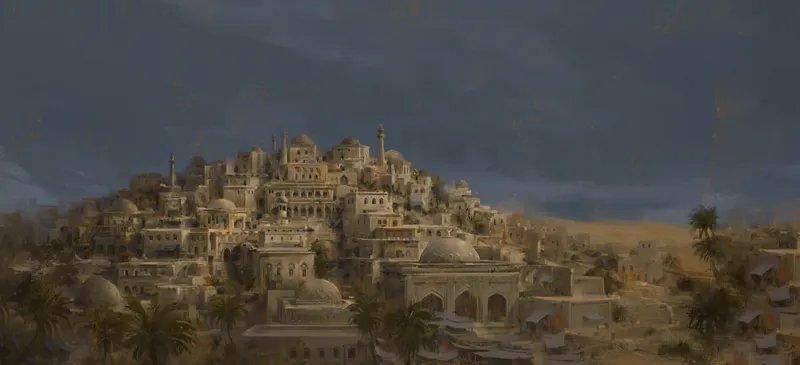Kurdish Culture

Commands
The following command will set your culture to 'Kurdish.'
The following command will change the culture of the specified county to 'Kurdish.'
Information
| Name | Kurdish |
| Culture ID | kurdish |
| Heritage | Iranian |
| Ethos | Communal |
| Language | Iranian |
| Architecture | Arabic |
| Fashion | Arabic |
| Coat of Arms | Iranian |
| Military Equipment | Arabic |
Overview
The Kurdish people originate from the mountainous regions that divide modern-day Turkey, Iran, Iraq, and Syria, an area known as Kurdistan. This ethnic group, numbering about 30-40 million, is one of the largest in the world without a sovereign state. Unique among their neighboring peoples, Kurds have maintained their cultural identity and language, predominantly Kurdish, along with variants Kurmanji, Sorani, and Zaza.
Kurdish culture is rich in folklore, music, and dance. Celebrations with traditional music are common, featuring instruments like the daf, zurna, and tanbur. The Kurds also have a strong tradition of storytelling, passing down tales orally through generations.
Newroz, the New Year celebrated on March 21st, is the most prominent of Kurdish cultural events. This festival, often characterized by the lighting of bonfires and traditional dances, symbolizes rebirth and the arrival of spring.
Despite experiencing repeated persecution and forced displacements, the Kurds have tenaciously upheld their distinctive culture and traditions. For instance, the Yezidi Kurds have preserved a unique, ancient religion with elements of Zoroastrianism, Islam, and Christianity. Similarly, the preservation of the Kurdish language in the face of repression reflects their remarkable resilience.
In recent years, Kurdish struggles for autonomy have caught international attention, shining a light on their vibrant culture. Despite adversity, the Kurdish spirit endures, making a massive contribution to the region's rich cultural tapestry.
Communal Ethos

Communal Ethos
This culture values the bonds of community above all else, fostering great loyalty and dedication by working together towards common goals.
- -15% Same Culture Mercenary Hire Cost
- +5 Close Family Opinion
- -10% Building Construction Cost
- -10% Building Construction Time
Each culture will have an ethos, which represents the core values, principles and attitude towards life that the culture has. It also determines which court types are available for kingdoms and empires.
Kurdish Traditions
- Eye for an Eye
- Futuwaa
- Mountain Homes
- Swords for Hire
Each culture will have several traditions, which represent the main customs of a culture and can grant various effects. A culture can have up to five traditions in the tribal era, with every additional era reached granting an additional slot for Traditions.
Kurdish Architecture
Arabic

Iranian Cultures
The following are the IDs of cultures that share the same heritage, Iranian, as the Kurdish culture:
| Culture | Culture ID | Ethos |
|---|---|---|
| Afghan | afghan | Communal |
| Baloch | baloch | Communal |
| Daylamite | daylamite | Bellicose |
| Khwarezmian | khwarezmian | Stoic |
| Kurdish | kurdish | Communal |
| Persian | persian | Ceremonious |
| Saka | saka | Bellicose |
| Sogdian | sogdian | Egalitarian |
| Tajik | tajik | Spiritual |